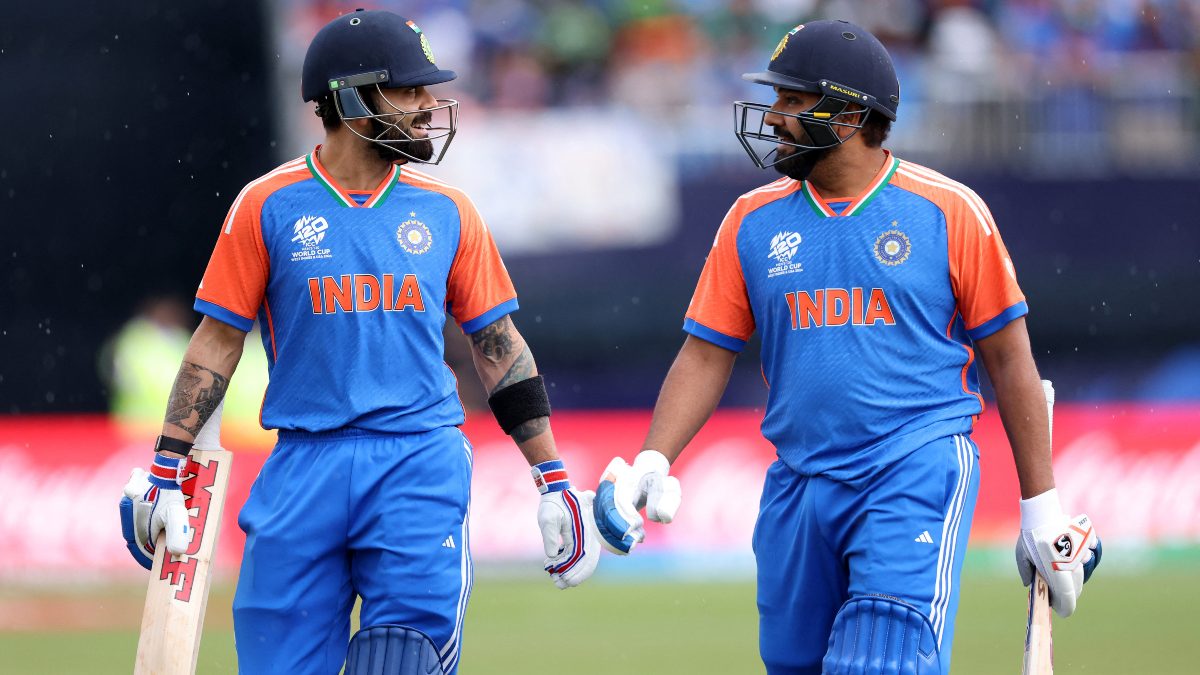) |
|
The recent call by renowned cricket commentator Harsha Bhogle to ban Indian cricketers from employing PR agencies has ignited a significant debate within the Indian cricket fraternity and among its fans. Bhogle's suggestion, made on X (formerly Twitter), followed reports of proposed BCCI rule changes aimed at improving team cohesion and performance after India's dismal performance in the Border-Gavaskar series against Australia, where they suffered a 3-1 defeat. This loss followed a previous 3-0 whitewash against New Zealand at home, prompting a thorough assessment of the team's shortcomings and culture. The proposed BCCI changes include restricting the time family members of players can spend with the team during overseas tours, aiming to foster a stronger team dynamic and encourage participation in team-building activities. Bhogle's suggestion, however, points towards a different aspect of the issue, highlighting the potential for PR agencies to manipulate narratives and potentially overshadow the focus on the game itself.
The reaction to Bhogle's proposition has been mixed, but largely centered around the idea that addressing the 'root issues' is paramount. Many fans argue that while banning PR agencies might seem like a drastic step, it's merely addressing a symptom rather than the underlying problems within the team and the wider ecosystem of Indian cricket. The prevalent sentiment is that a more comprehensive approach is needed, focusing on cultivating a stronger team spirit, improving player discipline, and fostering a more positive and less sensationalized fan culture. Critics point to the potential for toxic fan behavior fueled by media narratives often shaped by PR agencies, suggesting that addressing the root causes of poor performance should take precedence over focusing solely on the agencies themselves. The fans’ responses on social media reflect this sentiment, with many calling for a greater emphasis on sportsmanship and a less gossipy environment surrounding the team.
The debate highlights the complex interplay between media representation, player image management, and the overall health of the game. While PR agencies undoubtedly play a role in shaping public perception, the underlying issues within the team's dynamics, performance, and the surrounding fan culture are arguably more significant. The BCCI, while yet to officially announce any changes, is likely considering a multi-pronged approach. Simply banning PR agencies may be seen as a symbolic gesture, lacking the depth required to tackle the systemic problems affecting the Indian cricket team. The focus, therefore, should be on a holistic strategy that addresses the cultural aspects of the team, the ways in which the media influences fan engagement, and player accountability. Ultimately, the true measure of success will be judged not by the absence of PR agencies, but by the improvement in the team’s performance on the field and the fostering of a healthier, more supportive environment for players and fans alike. The upcoming announcements from the BCCI will be closely scrutinized to see whether they adopt a holistic approach or merely address surface-level concerns.
The controversy surrounding Bhogle's suggestion underscores the intense scrutiny placed on the Indian cricket team. The high-profile nature of the sport and its immense popularity in India often amplify criticisms and lead to heated public discourse. While there’s merit in examining the influence of PR agencies, the emphasis should be on identifying and rectifying systemic issues impacting the team's performance and overall well-being. A comprehensive approach that considers player development, team cohesion, and ethical media practices is vital for a sustainable improvement in Indian cricket. This includes addressing potential conflicts of interest, promoting transparency, and encouraging a more responsible approach to media narratives surrounding the team and its players. A simplistic solution like banning PR agencies may not necessarily solve the underlying issues; instead, it might risk sidelining a critical aspect of player image management without addressing the core problems affecting the team's performance and the broader cricketing ecosystem.
The ongoing debate serves as a valuable opportunity for introspection within the cricketing world. It raises important questions about the responsibilities of both players and the media in shaping public perception and nurturing a healthy environment for the sport. Furthermore, it underscores the significance of the BCCI's role in maintaining ethical standards and ensuring the long-term success and integrity of Indian cricket. Moving forward, a collaborative effort from players, the BCCI, media outlets, and fans is needed to create a more sustainable and positive environment where the focus remains firmly on the game itself, and where improvements in team performance and fan engagement are achieved through a holistic and well-considered approach rather than through quick-fix solutions.
